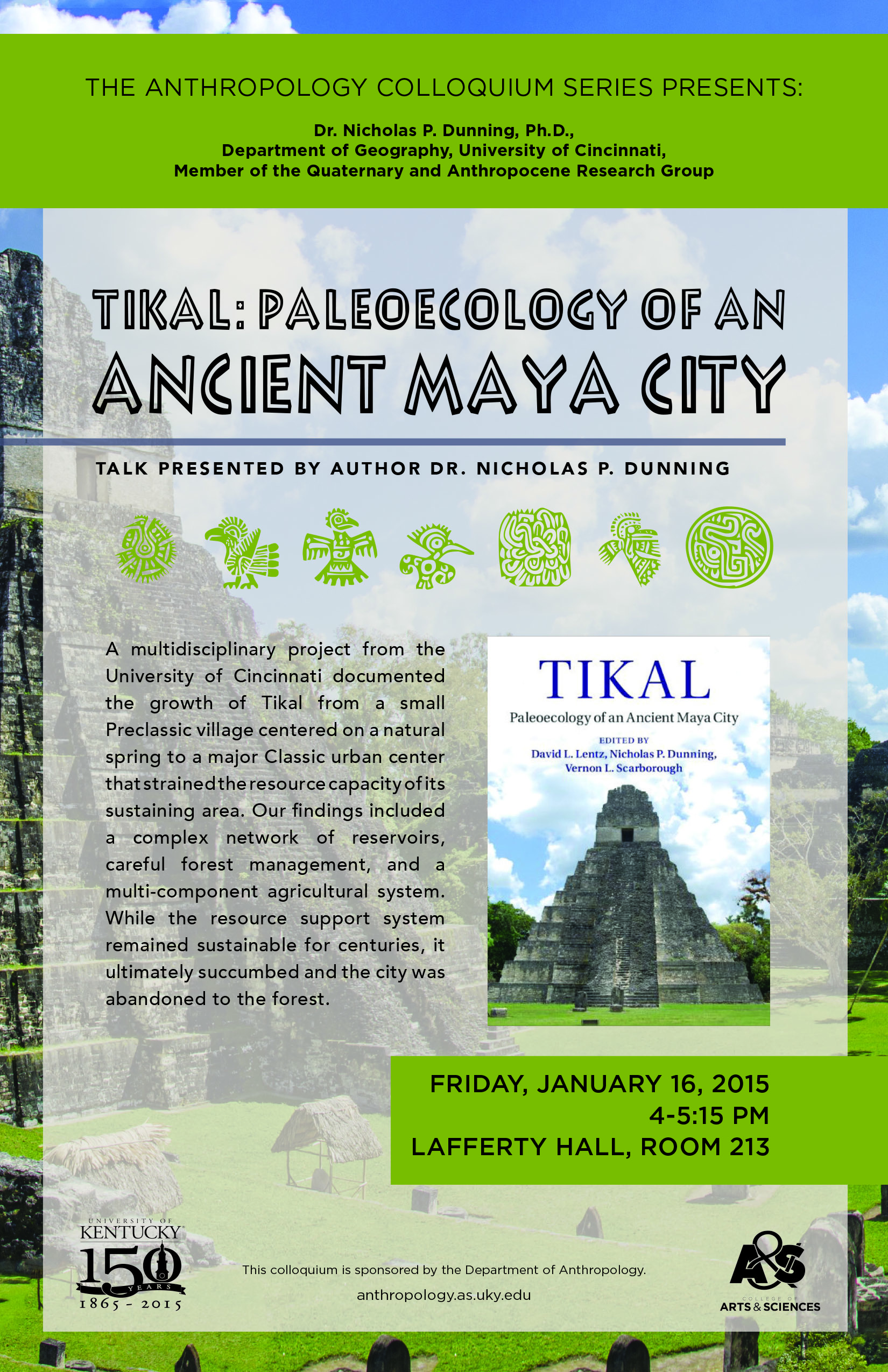The State of The Right in Europe and Latin America
Seminar Series: "Ancient vestiges or recent innovations: evidence from click words with a shared occurrence in Khoesan and Bantu languages of southern Africa"
It is presently received wisdom that the click consonants in various Bantu languages of southern Africa reflect an uptake from a supposedly pre-existing substrate of Khoesan languages. The clicks in the latter very diverse languages are widely assumed to be of longstanding existence, and are postulated as original segments in current reconstructions for certain Khoesan families.
However: this paper reveals the presence throughout the Khoesan language families of click-initial words with a demonstrably Bantu-intrinsic identity. Successive sets are presented, and regularly repeated correlations are identified. Since many of these words have roots reconstructed for Proto-Bantu, it is possible to characterise the pathways by which various clicks have evidently emerged. These formulations even have a predictive power, in that they can in some cases also account for Khoesan words without click counterparts in a Bantu language.
The main discussion suggests various scenarios that might account for this previously unrecognised phenomenon, including the possibility that the various Khoesan language groups have perhaps descended from regional Bantu languages, and are therefore related not only to the latter but also to one another, even if perhaps as cousins rather than as sisters. (There is little evidence to support popular beliefs that the Khoesan languages are ‘ancient’, and that speakers of various early Bantu languages only entered the southern part of Africa in relatively recent times.) Although this paper is largely confined to demonstrating the abstract patterns that suggest these relationships, the evidence nevertheless points towards an actual mechanism likely to have been involved in the generation of clicks in both Bantu and Khoesan languages.
Wider implications of the findings are noted, not only for African linguistics but also for other disciplines such as archaeology and history. Future research directions are identified.
Rast-Holbrook Seminar
4:00-4:25 Dr. Adam Milewski, Assistant Professor of Geology, University of Georgia, "The Past, Present, and Future of Water Resources in the Middle East and North Africa Region"
4:30-4:55 Dr. Neda Zawahri, Associate Professor of Political Science, Cleveland State University, "Management of Transboundary Rivers in the Middle East"
5:00-5:25 Discussion moderated by Dr. Alan Fryar
Seminar Series: "Variation in young women's perceptions of dialect differences in the Arab World"
This study discusses perceptions of variation across dialects of Arabic in the Arab world as revealed through a perceptual dialectology map task. On a map of the Arab world, female undergraduate students at Qatar University provided information about boundaries where people speak differently and labels for those boundaries. A correlation analysis of the boundaries showed that participants viewed Arabic dialects as constituting five major dialect groups: the Maghreb, Egypt and Sudan, the Levant, the Gulf, and Somalia. A closer analysis of the content of the labels revealed variation in terms of principal (Goffman 1981) on whom they draw in their judgments, the latter being either individual, regional (intermediate) or wide-scope generic. This analysis not only identifies more granularity in the concept of principal, it also quantifies the different kinds of principal and identifies statistical relationships between them, the labels, and the boundaries.
UK’s Global Health Initiatives Explores the Curious Case of Cuba
This Friday, Dr. C William Keck will discuss the curious case of the Cuban healthcare system.
Tikal: Paleoecology of an Ancient Maya City

Melissa Wright (Penn State University)
Title: Massacres and Protesting Hateful Capitalism: Lessons to be learned from Mexico's activists
Abstract: Protests sparked by news of the September 26 massacre of rural students in Iguala, Mexico have spread across the country as people demand their return. Even with news of their deaths, the demand for their return, ALIVE, does not change. This demand echoes four decades of protest for the return of the desparecidos, those who were forced to disappear by corrupt governments. Such a declaration indicates the fight of the eternal revolutionary, that is of the one who will stop fighting once the dead can be brought back to life. The revolutionaty potential in this message explains, in part, the government's violent repression of this demand and of the refusal of the US government to acknowledge it. In Mexico, such protests have woven together with those against feminicidio (the killing of women with impunity) and against the juvencidio(the killing of youth with impunity) as part of the Mexican drug war funded by the United States. In this paper, I triangulate the struggles sparked by the Iguala massacre, feminicidio and juvenicidio to show how they seek to generate an international and activist public engaged in related struggles across the Americas, including in northern North America, where socially vulnerable populations battle the forces to disappear them from history and geography. Such struggles require a theoretical and activist openness to the lessons to be learned from Mexico and other struggles across the Americas where a vernacular of protest reveals insightful theorizations of these neoliberal times.
Mapping Every Element: Paul Karan and the Geography of China
Paul Karan of the Geography department will be instructing a course on China's geography in the Spring semester. It isn't just about maps, as Karan explains in this podcast, but rather the different ways many major elements of human life can connect in one field of study. Karan also details how and why this course can be beneficial to anyone, even those outside of the Geography major.
One of UK's Earliest International Faculty Members Celebrates History
Professor Pradyumna (Paul) Karan of the Department of Geography reflects on the the fifty year project of internationalizing the University of Kentucky.
